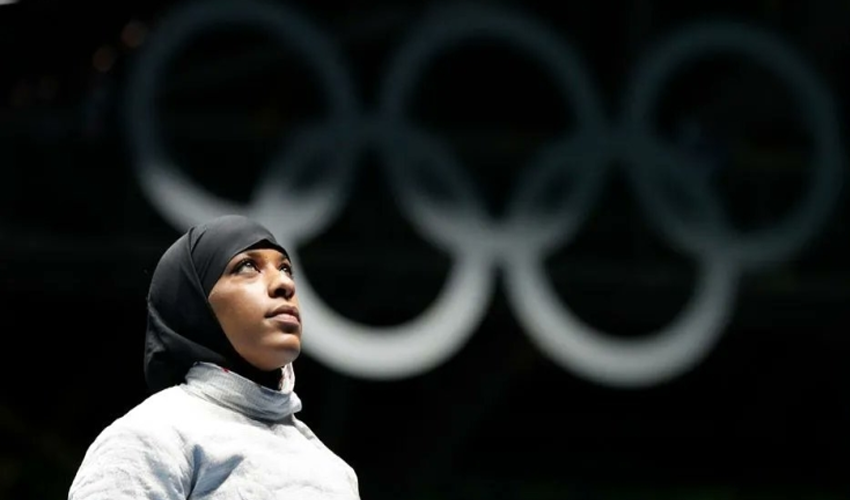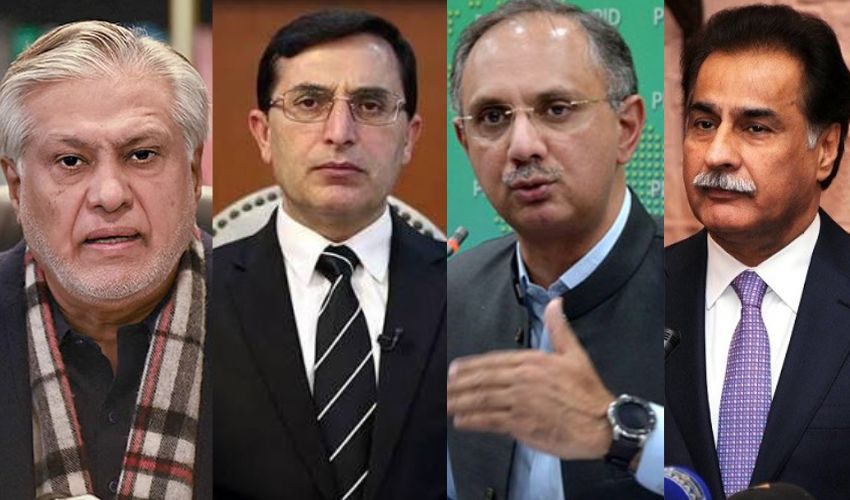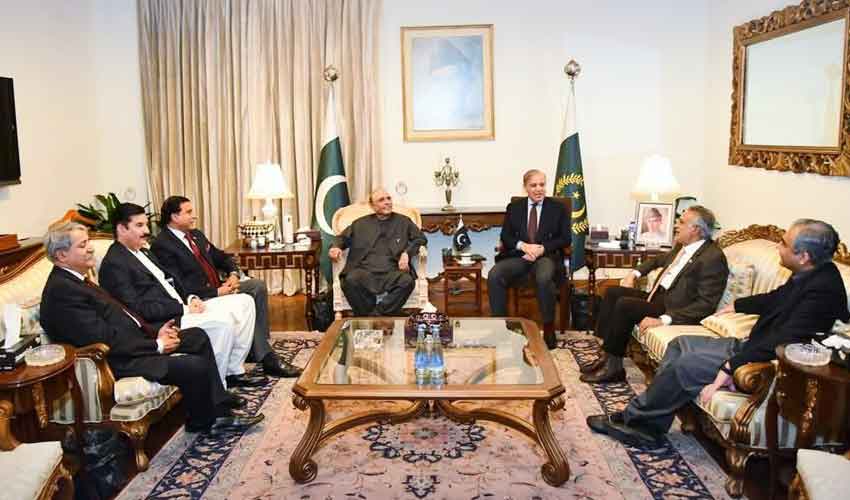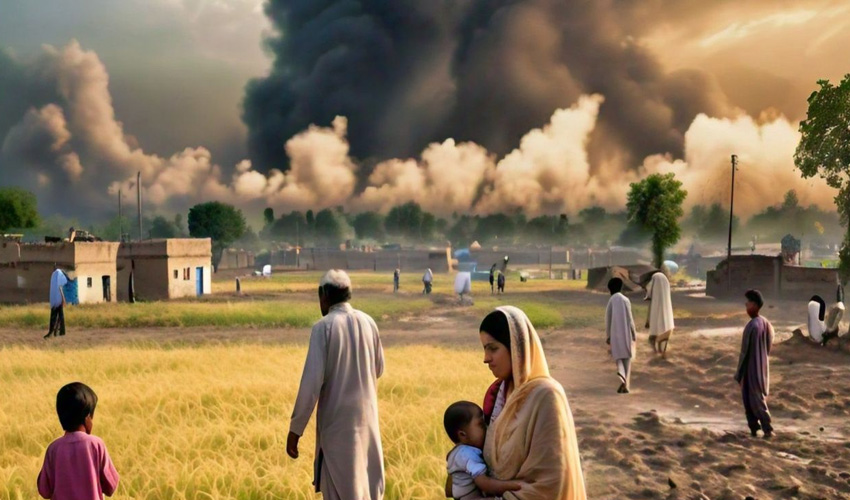The International Olympic Committee (IOC) has announced that hijabs will be permitted inside the athletes' village during the Paris 2024 Olympics.
This decision comes in contrast to the French government's ban on their team members from wearing hijabs, citing the need to uphold principles of secularism.
Amelie Oudea-Castera, the French sports minister, had previously defended the ban as a means of preserving the country's commitment to secularism.
However, the IOC's stance clarifies that this regulation will not be imposed on athletes from other nations participating in the Paris Olympics.
An IOC spokesperson emphasized, "For the Olympic Village, the IOC rules apply.
There are no restrictions on wearing the hijab or any other religious or cultural attire. When it comes to competitions, the regulations set by the relevant International Federation (IF) apply.
Since this French regulation relates to the members of the French team only, we are in contact with the CNOSF (French Olympic Committee) to further understand the situation regarding the French athletes."
The decision by the French government to ban hijabs for its athletes has garnered criticism from various quarters, including the United Nations Human Rights Office.
The move has ignited a debate about individual freedoms and the right to express one's religious identity within the framework of international sporting events.



























